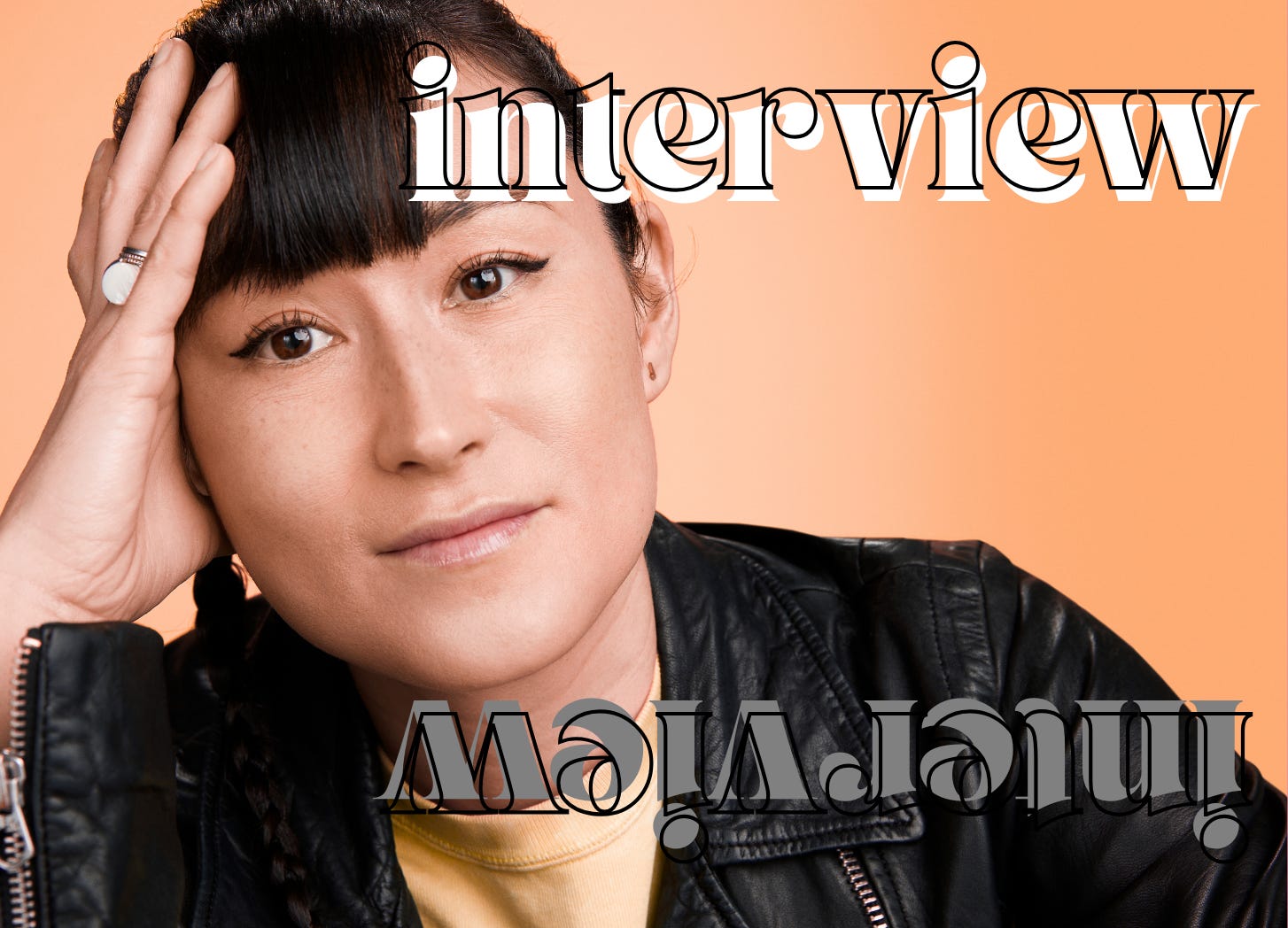INTERVIEW | Sunny Min-Sook Hitt: “Belfast has always been a haven for weirdos and artists”
And how "Oh, Mary!" became a runaway Broadway success
I watched the Tony Awards earlier this summer, eager to see if Cole Escola’s hilarious play “Oh, Mary!” would win anything - I’ve been a huge fan of Escola’s since I first saw them on “At Home With Amy Sedaris” and have followed their career ever since. Escola won the Tony for Best Lead Actor in a Play for their portrayal of First Lady Mary Todd Lincoln…



